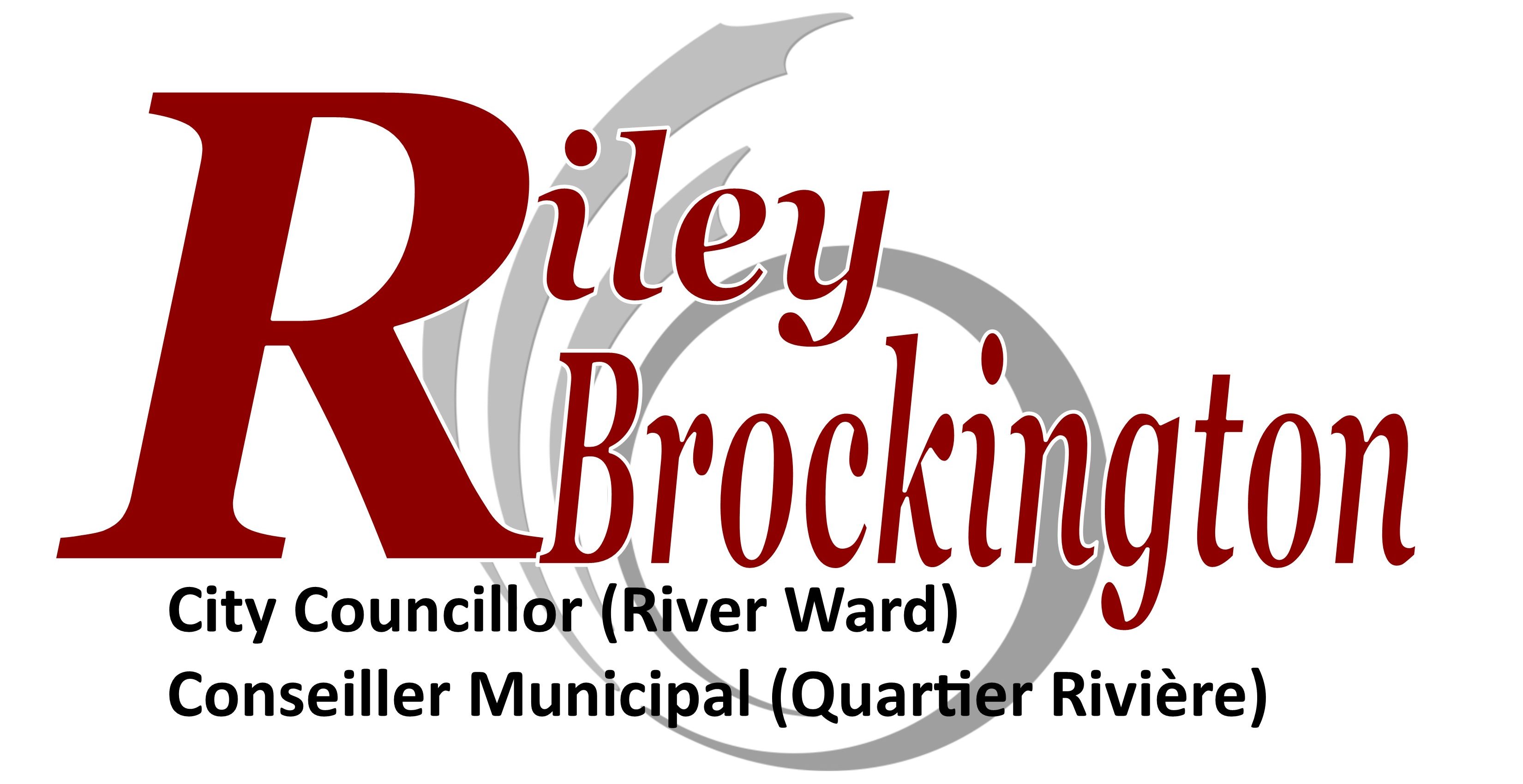
21 Mar Beware of Fraudulent Telephone Calls
It has come to my attention from local residents that there has been an increase in fraudulent telephone  scams where the caller claims to be from the Canada Revenue Agency (CRA). The CRA has also noted an increase in telephone scams and is asking residents to beware—these calls are fraudulent and could result in identity and financial theft.
scams where the caller claims to be from the Canada Revenue Agency (CRA). The CRA has also noted an increase in telephone scams and is asking residents to beware—these calls are fraudulent and could result in identity and financial theft.
Some recent telephone scams involve threatening taxpayers or using aggressive and forceful language to scare them into paying fictitious debt to the CRA. Victims receive a phone call from a person claiming to work for the CRA and saying that taxes are owed. The caller requests immediate payment by credit card or convinces the victims to purchase a prepaid credit card and to call back immediately with the information. The taxpayer is often threatened with court charges, jail or deportation.
If you get such a call, hang up and report it to the Canadian Anti-Fraud Centre 1-888-495-8501.
These types of communication are not from the CRA. When the CRA calls you, it has established procedures in place to make sure your personal information is protected. If you want to confirm the authenticity of a CRA telephone number, call the CRA by using the numbers on its Telephone numbers page. The number for business-related calls is 1-800-959-5525. The number for calls about individual concerns is 1-800-959-8281.
To help you identify possible scams, use the following guidelines:
The CRA:
- never requests prepaid credit cards;
- never asks for information about your passport, health card, or driver’s licence;
- never shares your taxpayer information with another person, unless you have provided the appropriate authorization; and
- never leaves personal information on your answering machine or asks you to leave a message containing your personal information on an answering machine.
When in doubt, ask yourself the following:
- Is there a reason that the CRA may be calling? Do I have a tax balance outstanding?
- Is the requester asking for information I would not include with my tax return?
- Is the requester asking for information I know the CRA already has on file for me?
- How did the requester get my email address or telephone number?
- Am I confident I know who is asking for the information?
The CRA has strong practices to protect the confidentiality of taxpayer information. The confidence and trust that individuals and businesses have in the CRA is a cornerstone of Canada’s tax system. For more information about the security of taxpayer information and other examples of fraudulent communications, go to www.cra.gc.ca/security.





